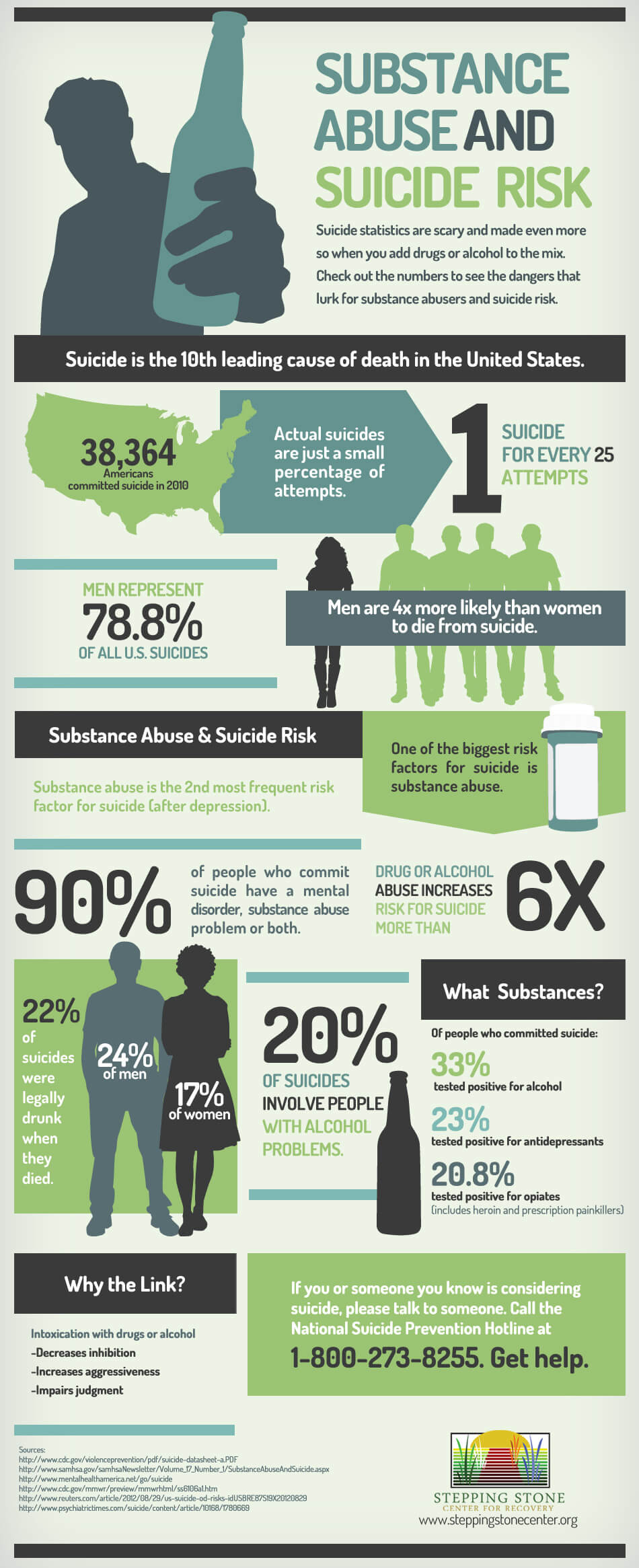After Finishing Drug Rehabilitation, It's Essential To Have A Solid Support Group In Position To Make Sure Long-Term Recuperation. Discover How Aftercare Programs Can Aid You Keep Sobriety And Create A Fulfilling Life
After Finishing Drug Rehabilitation, It's Essential To Have A Solid Support Group In Position To Make Sure Long-Term Recuperation. Discover How Aftercare Programs Can Aid You Keep Sobriety And Create A Fulfilling Life
Blog Article
Short Article Written By-Thrane Ogle
You can't do it alone. Recuperation from drug addiction needs a strong support system.
The significance of aftercare in drug rehabilitation can not be overemphasized. In this article, we will check out the role of counseling, the benefits of therapy, and the foundation given by peer support system in keeping sobriety.
So, grab a cup of coffee, kick back, and allow us direct you through the crucial actions of post-rehabilitation support.
The Role of Therapy in Aftercare
If you want to preserve your soberness after leaving rehabilitation, it's crucial that you continue taking part in counseling sessions as part of your aftercare plan.
Therapy plays a vital function in your healing trip by offering continuous assistance, advice, and a safe space to share your sensations and problems.
With counseling, you can resolve any underlying problems that may have added to your dependency, establish dealing approaches, and find out healthier means to handle tension and food cravings.
It permits you to overcome any type of unsolved emotions and create a much better understanding of on your own and your triggers.
The Advantages of Therapy in Keeping Sobriety
To keep your soberness, therapy can provide numerous advantages.
- Therapy uses a safe area for you to check out and resolve the underlying problems that might have contributed to your dependency.
- It enables you to overcome your feelings and create healthier methods of taking care of tension and causes.
- Via therapy, you can get a better understanding of yourself and your patterns of habits, which can aid you make favorable changes in your life.
- Furthermore, treatment supplies you with a support group of specialists who are educated to lead and aid you on your journey to recuperation.
- They can use important understandings, tools, and techniques to assist you browse the difficulties that might arise.
- In treatment, you can find out to develop healthy coping abilities, build durability, and boost your general health.
Peer Support System: A Foundation for Lasting Recovery
You can locate lasting recuperation by proactively joining peer support system and connecting with others that share comparable experiences and objectives.
Peer support system give a safe and non-judgmental space where individuals in recovery can integrate to share their struggles, successes, and understandings. By actively taking part in these teams, you can get the support and inspiration you need to remain on the course of recuperation.
Connecting with others that've experienced similar experiences can be extremely equipping, as it assists you realize that you aren't alone in your trip. https://pastelink.net/pb93mumh allows you to learn from others that've effectively overcome similar difficulties. Together, you can commemorate milestones, hold each other responsible, and offer support and guidance.
Muse How Much Do Drug Addiction Counselors Make 91106 , you can construct a solid support system that will aid you navigate the ups and downs of healing and ultimately locate long-term healing and change.
Final thought
You have actually discovered the crucial duty of aftercare in drug rehab. Therapy, treatment, and peer support groups contribute to lasting recuperation. Below's a shocking fact to comprehend the magnitude of the problem: researches show that people who get aftercare treatment are 50% more likely to keep soberness contrasted to those who do not.
So, imagine the transformative power of these support systems in aiding people redeem their lives and construct a brighter, drug-free future.
